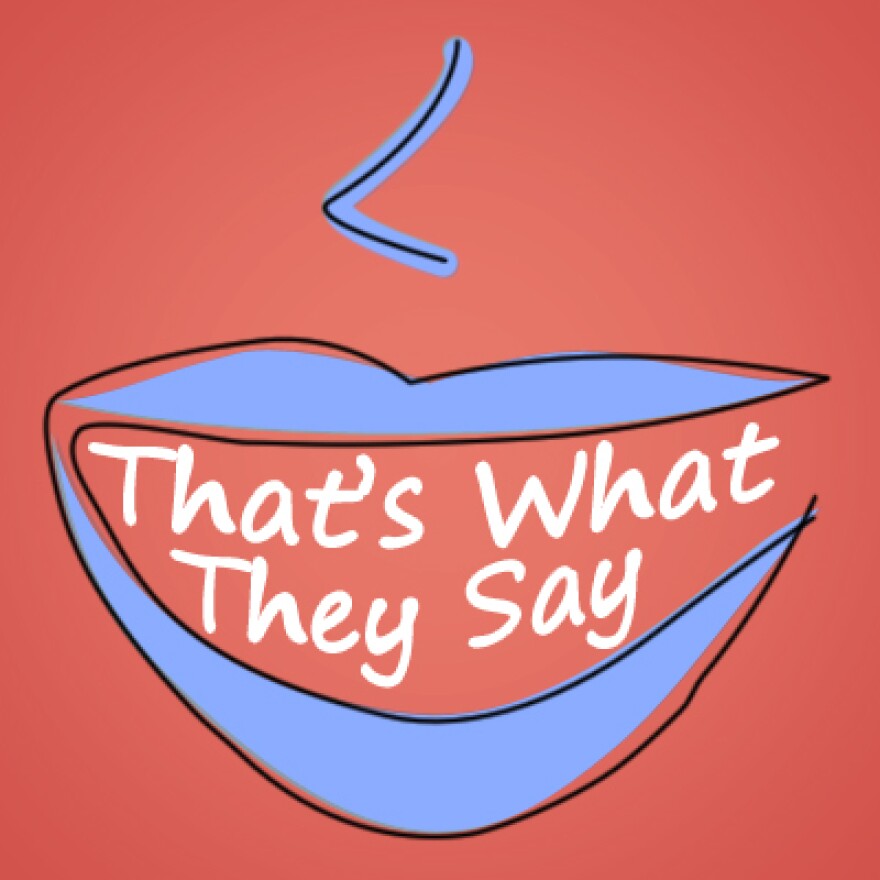It seems like if you, or your clothes, or your hair can be disheveled, it should be possible for them to be sheveled.
On this week’s edition of That’s What They Say, host Rina Miller and Professor of English at the University of Michigan Anne Curzan discuss negative words without a positive counterpart.
Curzan explains, “The word gruntled, which was back-formed from the word disgruntled - people assumed if you could be disgruntled you could be gruntled - goes back to 1938. The word wieldy has also been around for quite a long time. Consulate meaning something like comforted, existed in the 15th century through the 19th century it’s now obsolete. So, it’s not that some of the words have never existed, but they are certainly not common compared with their negative counterparts. And then a word like sheveled doesn’t seem to have ever existed.”
The English language is certainly not “symmetrical” says Curzan – “I think it’s just one of these wonderful quirky things about the language that not everything is symmetrical. And, I remember a few years ago when a student pointed out to me that the verb budge tends to happen in negative context not positive ones. That it tends to be that you ‘can’t budge’ or you ‘refuse to budge’ as opposed to the fact that you ‘can budge.’ So again this sort of odd asymmetries in how we use the language.”
Click on the link above to listen to the full segment.





